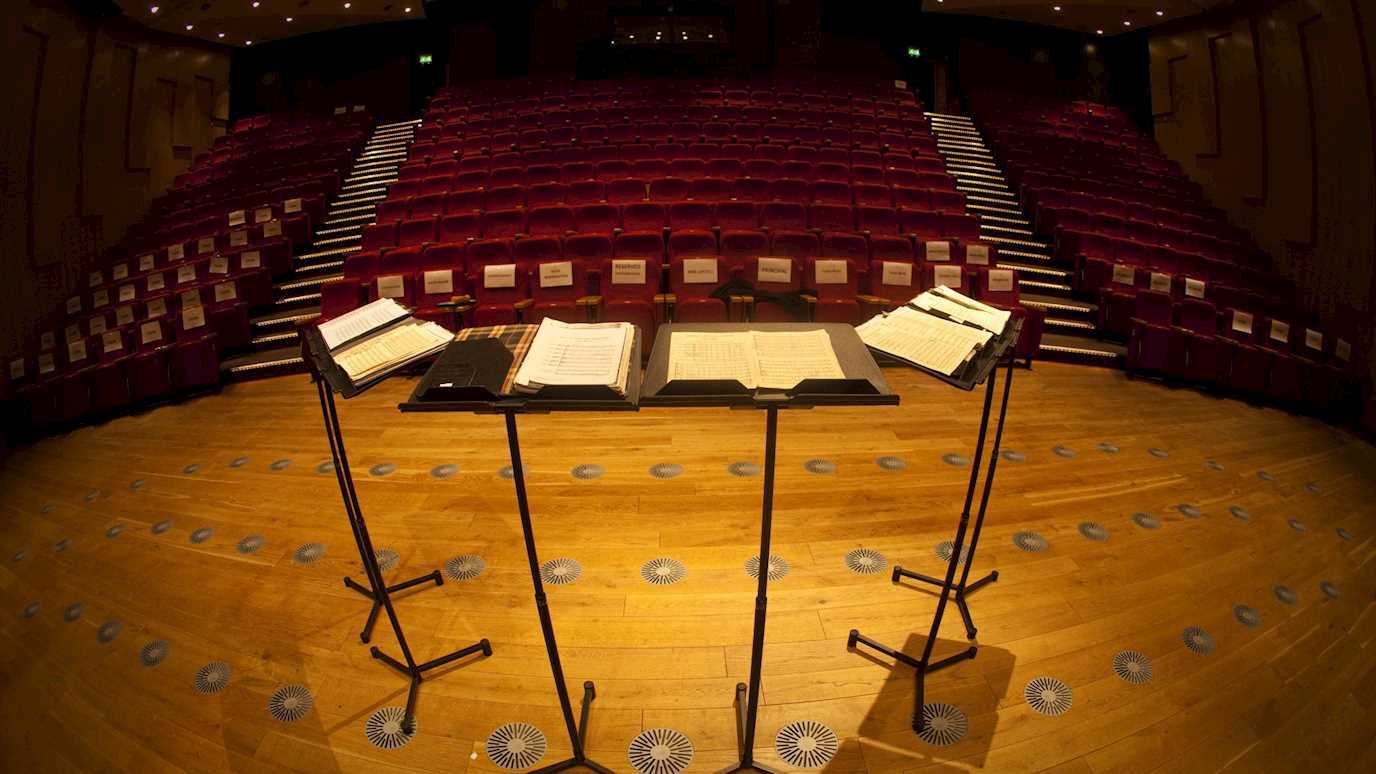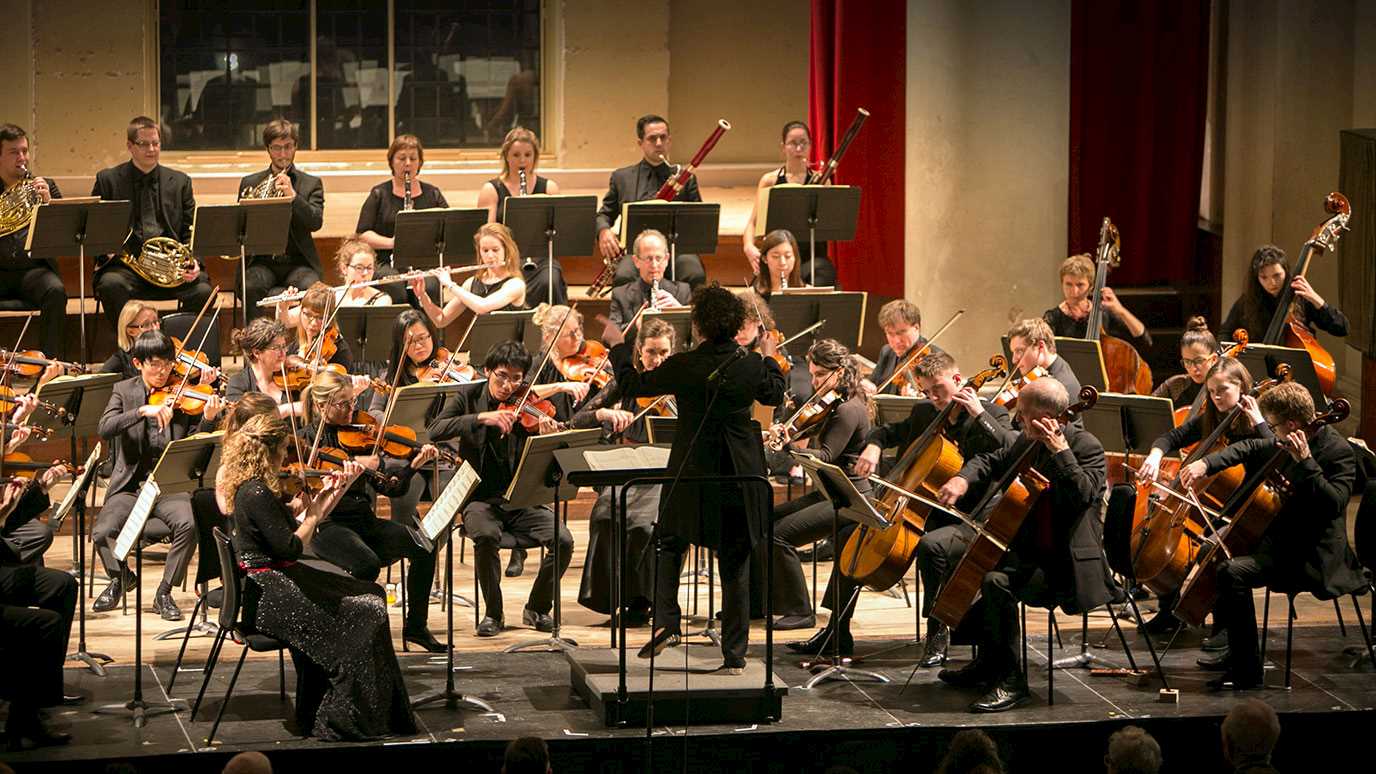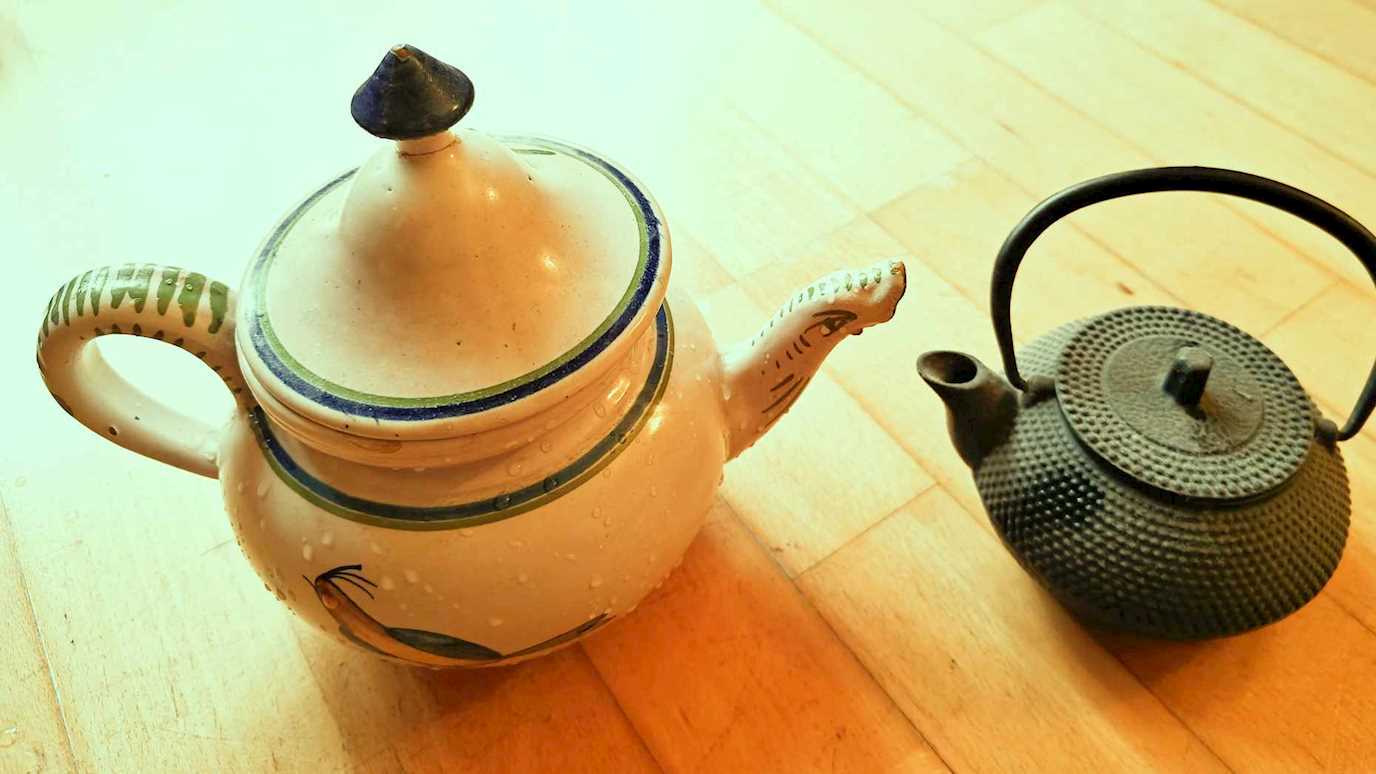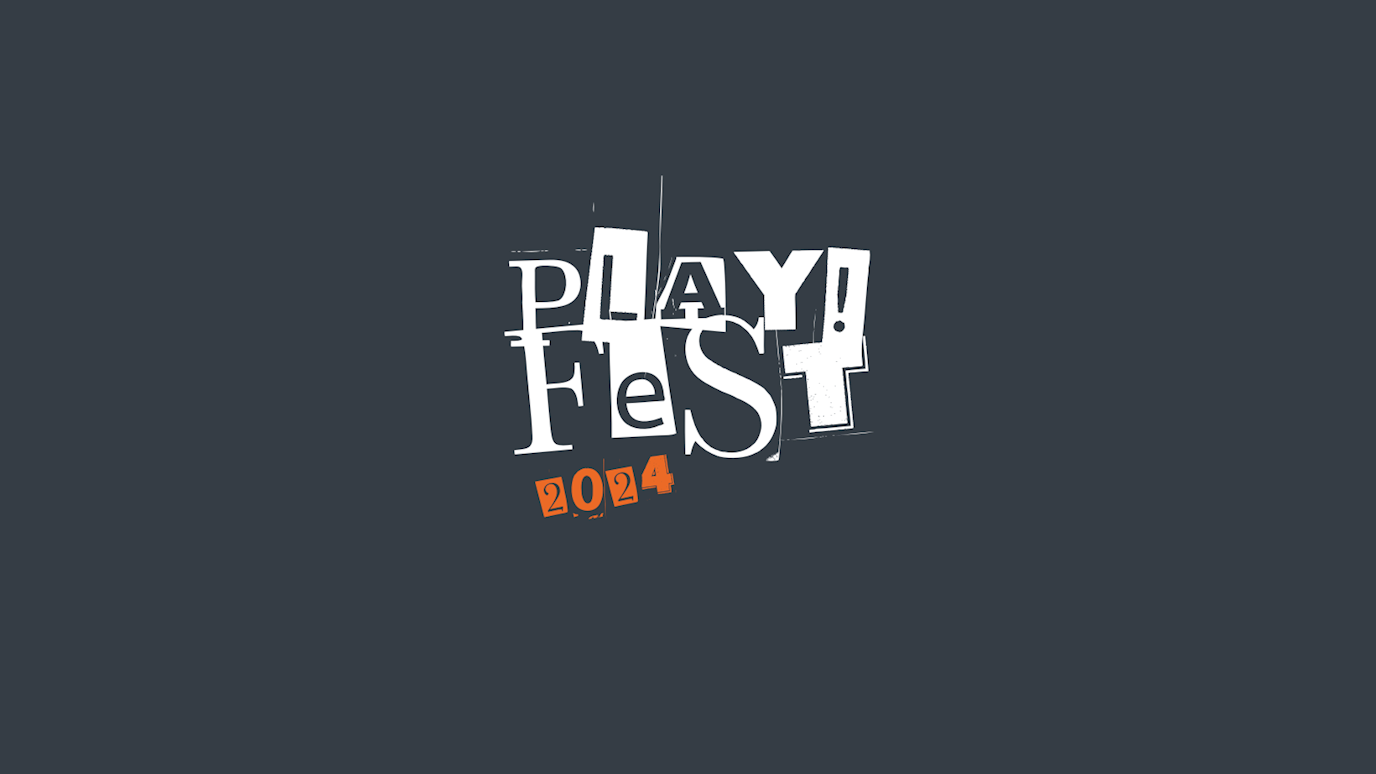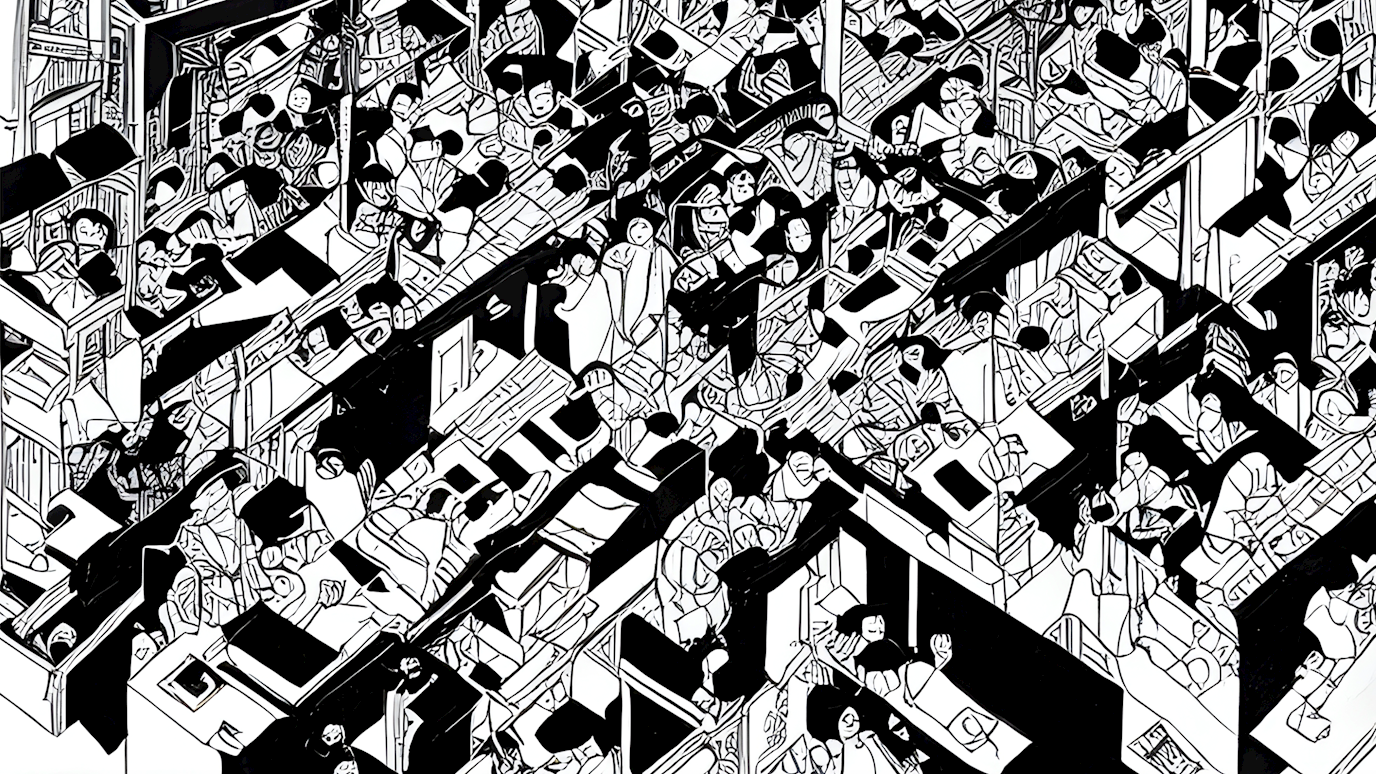Online event, organised by Shzr Ee Tan (Royal Holloway) and Kiku Day (Aarhus Academy of Music/University of London), with support from the Institute of Musical Research.
**This event has been re-themed and revised in format from an earlier planned conference, now postponed until 2021, on 'Racialised Performance in Western Classical Music', organised by Shzr Ee Tan & Maiko Kawabata.**
Orchestrating Isolation: Musical Interventions and Inequality in the Covid-19 Fallout calls to attention the devastation caused to musicians, freelancers and researchers in precarious labour, even as we mourn the traumatic losses of artists, investigators and teachers to the disease. This online event is also interventionist while remaining reflective in its commitment to not simply ‘waiting it out’ at a time where the world is no longer going to be the same again, in spite—or because—of the fact that basic systems of society continue to run, tenuously and miraculously at unimaginable costs: COVID-19-related racism, inequality in healthcare provision, economic impacts of industry shutdowns (not least music and live entertainment), closing of national borders; devastation of livelihoods.
To this end, we remain committed to exploring the issue of how inequalities and marginalities (shaped by race discourses and more) intersect with evolving catastrophic developments that are, critically, not always as society-levelling as formerly imagined. More worryingly, COVID-19 has been used as a blanket 'blame response' for the reluctance to address critical issues which predate it. As such, we also speak to the current situation in our convening of this meeting not simply as a topical or 'trendy' response of the moment. We ask further questions about the longer-term impacts of COVID in a post-pandemic world.
In the past months alone, we have witnessed musical communities all over the world spring up to sing, play and listen ‘together, 2-meters apart’ on balconies in solidarity, or wear masks in appropriately socially-distanced reimaginations of cori spezzati. As many jobs, professions and institutions have been transformed or scaled—up or down—online, overnight, we have also seen corresponding, heartening spikes in sounded internet responses to public health and other campaigns. These have ranged from the proliferation of pandemic playlists to the rise of stay-at-home Youtubers and musical government health directives. As our streets heave into relative silence with enforced or unofficial quarantines, we listen to birdsong in the city, the wind on our lawns, passive-aggressively panting runners, Netflix marathon broadcasts, or the sudden creepy whirr of distant traffic, with eerie wonder and (unjustified) irritability. There is discomfort and unease as some of the more privileged members of our community ‘take stock’ in quarantine, or claim private space in crowded living arrangements through sonic cocoons of our headphones. Some of us—and many more musical communities around the world—cannot afford to socially distance, or stop work even at the cost of free virtual labour. Some of us will inevitably fall ill. But simply ‘stopping to take stock’, indeed, is not enough.
What can and should we do here, as musicologists, ethnomusicologists, musicians, composers? We do not simply 'press pause', as different territories struck by the disease enter remission, reinfection, and eventual recovery at worryingly different rates. Instead, we rethink the way we make, write (about) and teach music. We share teaching, research and musicking resources. We build physical music communities into virtual spaces with offline as well as livestreamed performance pacts across the globe’s different timezones. We rethink musical performance, syllabi and research for public health and virality. And while we acknowledge that things cannot go on as before, we remember that in the pre-2020 world, there already existed complex, musical global challenges whose need for addressing should not be diminished a force majeure event.
On the specific discourses of inequality and how musicians of colour and artists are caught between the crevices of global lockdowns, we ask, further:
- How has the pandemic changed musicking across cultural and geographical borders along new baselines of re-levelled (if still asymmetrical) virtual connectivities?
- In the rush to embrace online musicking, how do we deal with digital inequalities (such as differences in internet accessibility) and digital censorship across different locales?
- What are the cultural differences in approaches and tolerance of haptic activity in home-based musicking, as well its eventual remediation to the virtual world? Where do issues of privacy and unequal access to home performance spaces fit into debates?
- How does one read musical 'gesture' across a screen? (What does this say, for example, about the stereotype of the 'inscrutable Asian face' in musical performance?)
- In revamped live performance, how do differing and emerging ideas of musical social distancing across geocultural contexts prevail?
- What is the potential re-levelling of representational input of diverse voices in a virtual context?
- What is the economic impact on the recruitment of international students to music programmes?
- How has the closure of national borders affected jobbing musicians previously and precariously making a living through networks of travel and transnationality?
- How have intersectional politics played out on COVID-related racial aggressions against East Asian and broader POC musician communities, with the increasing rise of nationalist movements worldwide alongside anxieties over COVID?
The event will feature two keynote speakers – international violinist Jennifer Koh, and founder of the European Shakuhachi Society/ ethnomusicologist Kiku Day in performance, followed by panel discussions.
For a full lineup of the event, and also for registration, please visit: https://tinyurl.com/rp9uqy8
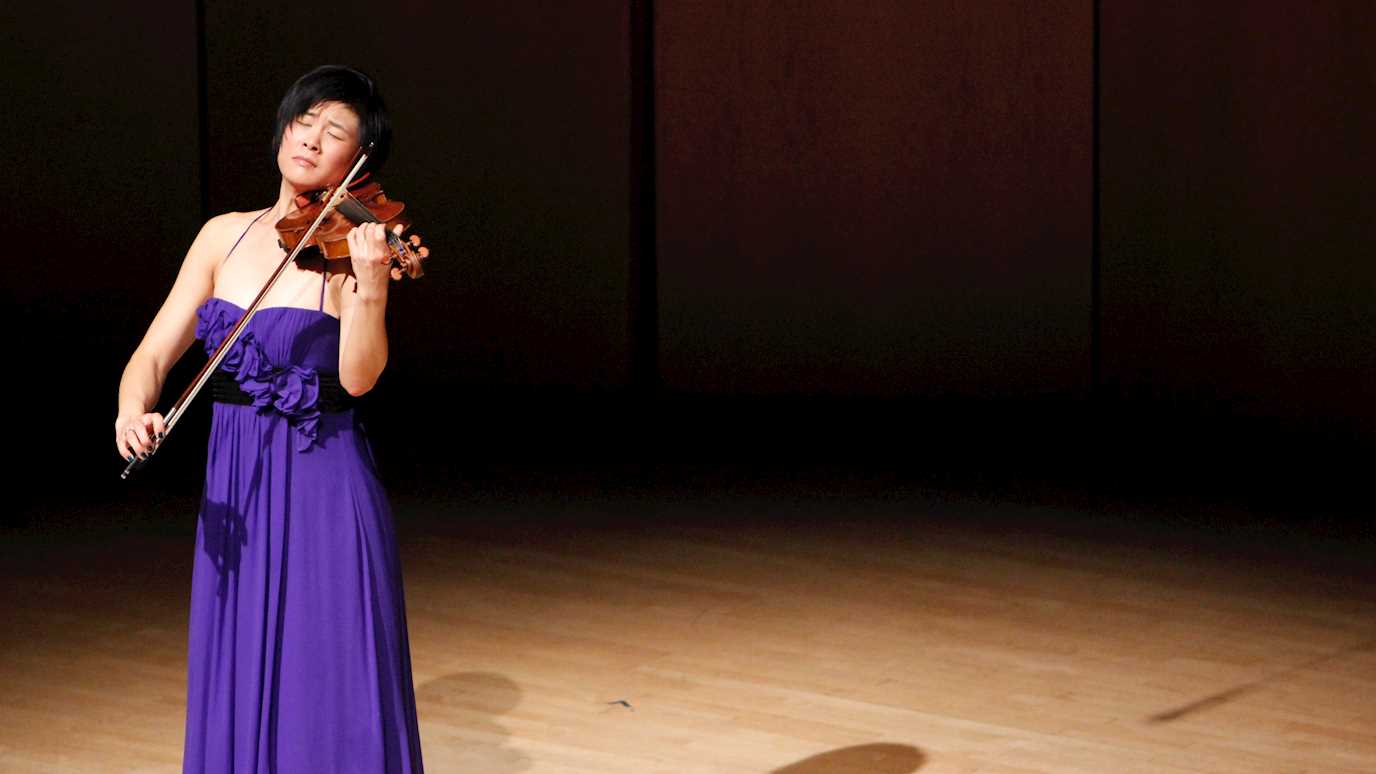
Jennifer Koh (credit: Pick-Stainer Concert Hall, Christina Walker photographer)










